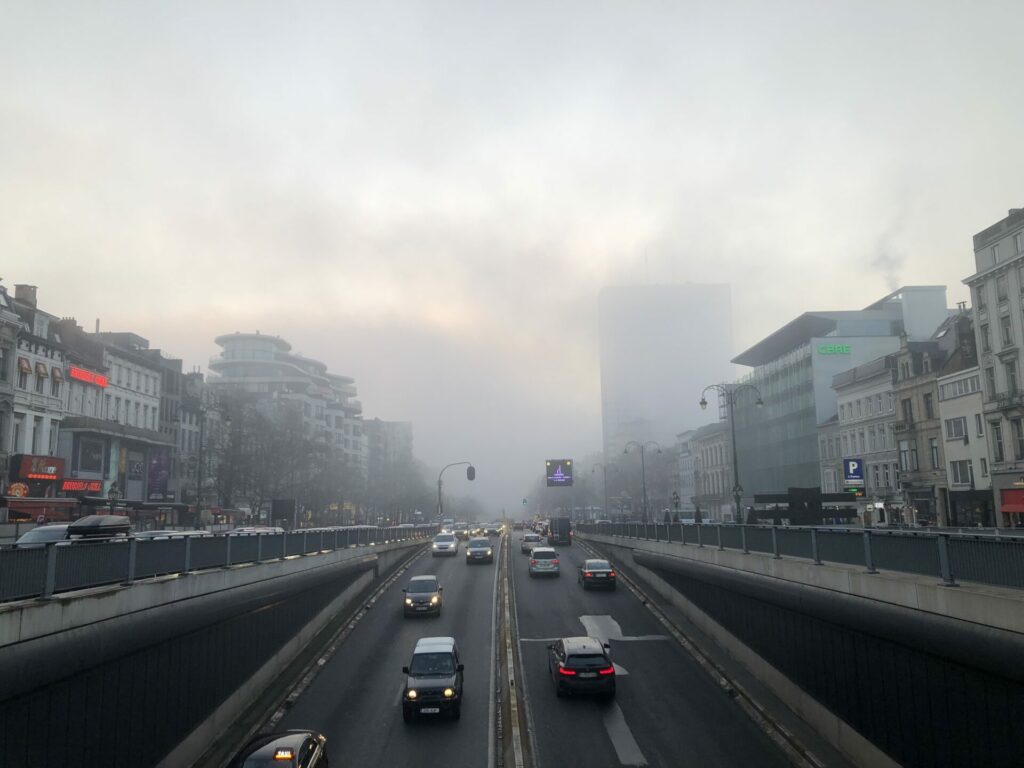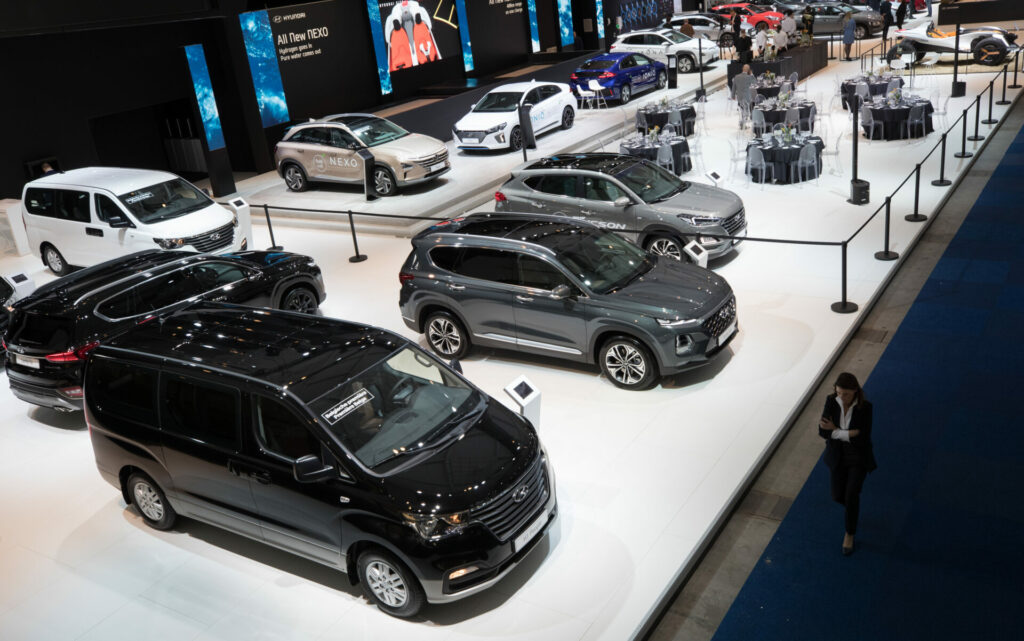The price of compact cars in Europe has surged in recent years – price hikes over twice as large as inflation. Whilst inflation gripped consumers when it reached 13% last year, the most affordable cars on the market have soared by an average of 41% since 2019.
The finding comes after analysis by the non-governmental organisation Transport & Environment (T&E), which sought to unveil this trend in the automotive industry. Moreover, T&E alleges that powerful car lobbies have prevented more stringent Euro 7 emissions standards from being implemented. The European Parliament is set to vote on this standard for cleaner vehicles in the upcoming session.
Calculations by T&E reveal that the prices of popular models such as the Peugeot 208, Seat Ibiza, and Renault Twingo have risen nearly €6,000. Meanwhile, Mercedes A- and B-class models have seen price hikes in excess of €10,000 – translating to an additional 37% in costs.
Profit at any cost?
Car manufacturers have attempted to explain the rising prices by increases in production costs and higher labour expenses. However, the average price surge of 41% far outpaces the rise in costs incurred by inflation over the past four years.
T&E asserts that these price increases have allowed car manufacturers to reap record profits of €64 billion in the past year. This sharp increase in profits contrasts starkly with recent interventions by the automobile industry to block the introduction of the Euro 7 environmental standard. Whilst manufacturers claim it would be prohibitively expensive, the new standard has been estimated to add only €200 per vehicle in costs.
In an interview with VRT, Anna Krajinska – Car Emissions and Air Quality Specialist at T&E – denounced the industry actions: "Car manufacturers have fought tooth and nail against life-saving new technologies to reduce pollution, even though this would only cost €200 per vehicle. It's proof that for European carmakers, making a profit will always take precedence over the people themselves."
The Euro 7 standard is aimed at further reducing air pollution in Europe, with a particular focus on curbing emissions of particulate matter and nitrogen oxides. For passenger vehicles, this would lead to a 35% reduction in nitrogen oxide emissions compared to the current Euro 6 standard.

Pollution from vehicles remains a problem in Brussels, with smog alerts in 2022 requiring intervention by the City. Credit: Ugo Realfonzo/ The Brussels Times
Notably, the Euro 7 standard includes provisions to address emissions from tyre wear and braking, targeting particulate matter and plastic particles. The goal is to improve air quality and reduce premature deaths attributed to air pollution, which claims the lives of 70,000 Europeans each year due to road transport emissions.
Initially, the new regulations were scheduled to take effect in 2025 for cars and two years later for buses and trucks. However, intensive lobbying by the automotive industry has pushed the implementation dates to July 2030 for cars and July 2031 for buses and trucks, with the standards being diluted in the process.
The T&E analysis comes ahead of the European Parliament's plenary session, which will vote on the Euro 7 standard. T&E warns that the watered-down proposal could result in an additional 100 million more polluting cars on European roads, exacerbating air pollution and its associated health risks.

